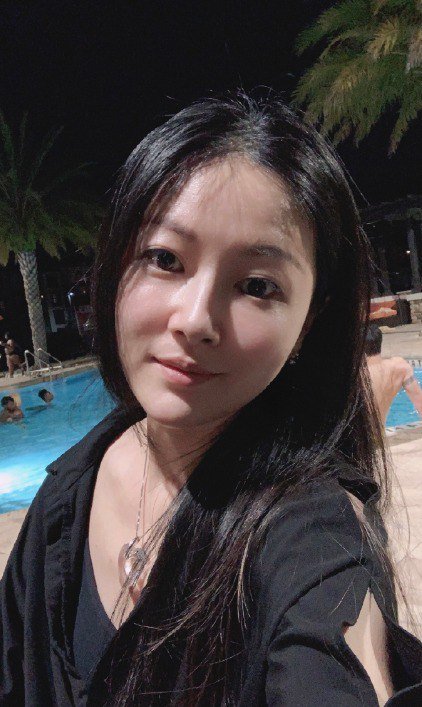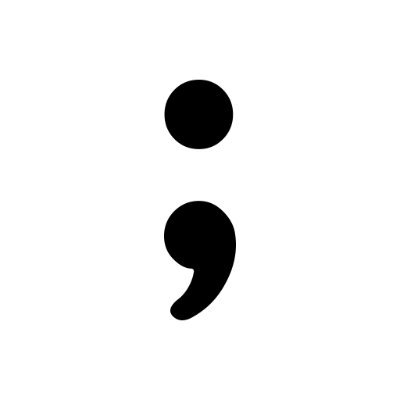
Ryan Singer
@rjs
Fractional CPO. Author of Shape Up. Former Head of Strategy at 37signals. [email protected]
Anda mungkin suka
When you hit an unknown, that's the moment to dig in. Don't note it for later. Don't make a task and add it to the pile. If it's a material unknown that poses a risk to the project, answer it now. I see this at the whiteboard sometimes. A dev says "I'm not sure, I'd have to look…
Love it when a hard-earned abstraction gracefully handles an unexpected use case just thrown at it.
The concepts of ‘token’ and ‘embedding’ map very well to Langacker’s definition of a linguistic symbol as a phonological pole and a semantic pole. (In Cognitive Grammar)
AI transcripts tell you more about how the human works than how the agent works.
I've shared the full transcript of every agentic coding session from implementing the unobtrusive Ghostty updates and provided commentary alongside about my thinking and process. Total cost: $15.98 over 16 sessions. "Vibing a Non-Trivial Ghostty Feature" mitchellh.com/writing/non-tr…
The #1 thing that distinguishes an interaction with a very senior-level person (designer, developer) is the ability to have a conversation about the problems. Not just what to do, but what needs to be solved.
If design is about solving problems, then a way to define taste is: the ability to *see* the problems.
What good factoring/naming does is it rescales problems. It creates a bridge between a low level that is hard to talk about and a high level that is too big. People often treat naming/factorization as being about reuse (eg “patterns”). The ability to reuse is further downstream…
United States Tren
- 1. Jets 116K posts
- 2. Sauce 81.8K posts
- 3. Courtois 40.9K posts
- 4. Colts 55.8K posts
- 5. Breece Hall 10.7K posts
- 6. Garrett Wilson 5,185 posts
- 7. $JFB N/A
- 8. Cheney 235K posts
- 9. Liverpool 218K posts
- 10. Beane 5,122 posts
- 11. Luis Diaz 30.6K posts
- 12. Veach 5,633 posts
- 13. Hakimi 29.8K posts
- 14. AD Mitchell 6,646 posts
- 15. Bayern 113K posts
- 16. Shaheed 17.2K posts
- 17. Penning 2,816 posts
- 18. Brad Holmes 1,194 posts
- 19. Mazi Smith 6,031 posts
- 20. Real Madrid 178K posts
Anda mungkin suka
-
 DHH
DHH
@dhh -
 Jason Fried
Jason Fried
@jasonfried -
 @levelsio
@levelsio
@levelsio -
 Lenny Rachitsky
Lenny Rachitsky
@lennysan -
 Ryan Hoover
Ryan Hoover
@rrhoover -
 Julie Zhuo
Julie Zhuo
@joulee -
 37signals
37signals
@37signals -
 Karri Saarinen
Karri Saarinen
@karrisaarinen -
 Teresa Torres
Teresa Torres
@ttorres -
 andrew chen
andrew chen
@andrewchen -
 Dylan Field
Dylan Field
@zoink -
 Rasmus Andersson
Rasmus Andersson
@rsms -
 Steve Schoger
Steve Schoger
@steveschoger -
 Katie Dill
Katie Dill
@lil_dill -
 Luke Wroblewski
Luke Wroblewski
@LukeW
Something went wrong.
Something went wrong.
























































































